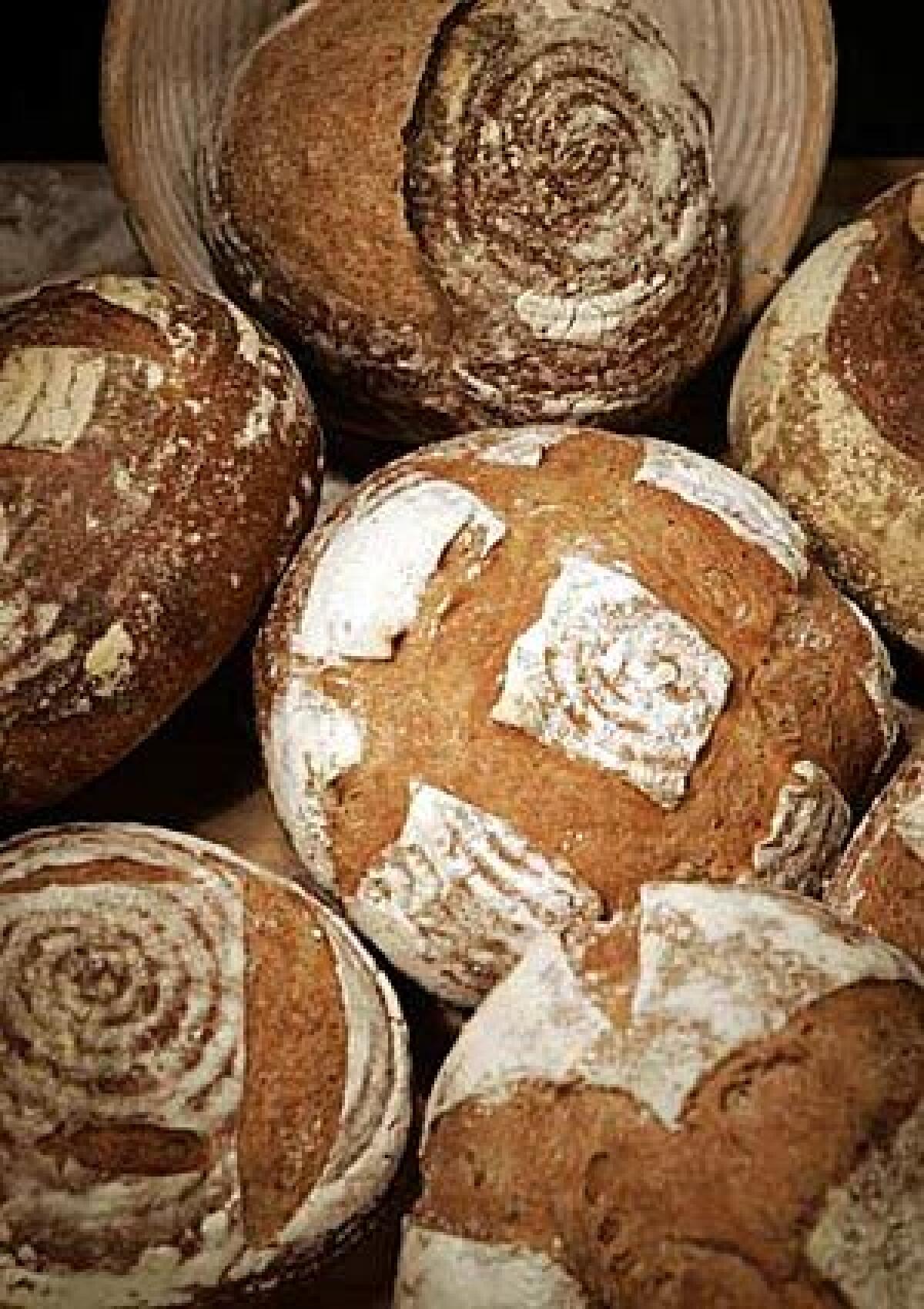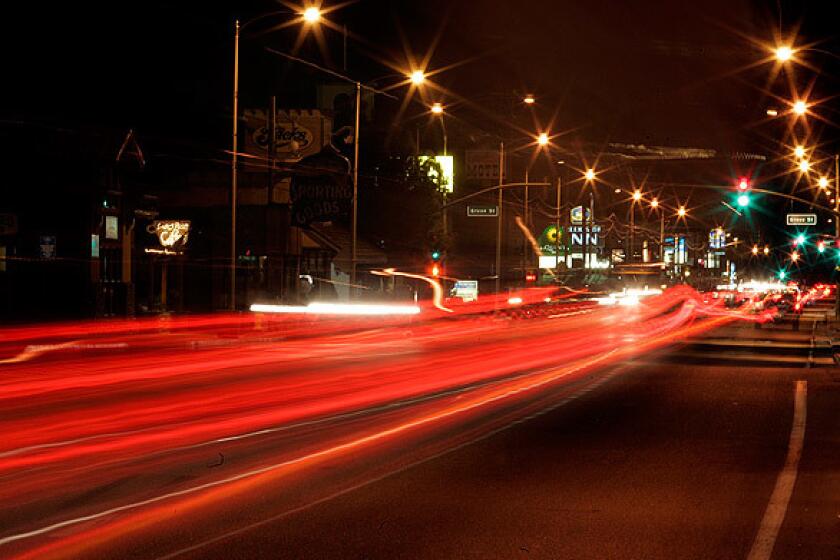The pandemic food fascination that won’t go away

- Share via
I am not someone who cares about food. But since the COVID-19 pandemic began, I have become transfixed by Instagram accounts about food, by recipes, by cooking impresarios.
One of the strangest elements of this crisis has been how hard it is to grasp how dire it is. Despair flickers in and out. Sometimes “safer at home” can feel like a cozy sleepover with your family during which you are wearing sweatpants and watching movies, and sometimes the world, which it turns out you actually liked, is coming to an end. There was a moment, early on, when a friend said to me: Can life as we know it be over if you can still get that special crumbly goat cheese you like from FreshDirect?
I think somewhere deep in my mind is the assumption that people would not be worrying about finely cut scallions if we were actually going through the apocalypse. This assumption may be flawed. Maybe bougie food fantasies will accompany us all the way through the destruction of life as we know it? But now it feels like vestiges of high-level domesticity, of homemaking in its most rigorous forms, cultivated with passion, are making a statement.
When you are confronted with all the ways that you can’t protect your family or yourself, you can forage ingredients for coconut turmeric rice. When you are too scattered to read a whole book or when you check the news so frequently you can’t write a single page, you can concentrate long enough to read a recipe. With all the ways you are thwarted, preparing food says to the universe: “See, I can take care of those I love.” Even though it’s unlikely that the three-ingredient Nutella cookies you are making every other day will eclipse the dull gloom of this time in their memories.
Contributor: In quarantine, the town of Bishop finds a quiet rhythm. Smoke from the fires pierces it
A calm descends on a resident of Bishop during the coronavirus quarantine. But then smoke from the fires arrives.
For a while, my 10-year-old and I had afternoon tea like English people in the 19th century. There was really not much else to do with all the Nutella cookies I had been making.
Perhaps most inexplicably I have found myself watching videos of cooking stars making dishes with lovely copper measuring cups and gleaming KitchenAids. I am as aware as I would be in normal times that these videos are tedious — they are tedious to me now — but the tedium is soothing.
Of course there are moments when one looks at pictures of sourdough loaves, pound cakes with lemons on them and perfectly plated salmon with ricotta and ramp pesto, and thinks, “This is off-key in a time when thousands of people continue to die alone in hospital beds, when food banks are stretched thin, millions have lost their jobs and portions of the country are engulfed in flames.” But there are other moments, when breads and cakes seem like welcome respite, healthy denial. I have honestly never in my life felt so much affection for strangers’ pies.
I guess these photographs signal a shared effort to carry on as normal, to not stay in your pajamas or feel paralyzing sadness about the play your child won’t be in, to not worry constantly about your aging mother alone in her apartment. When people concentrate on a risotto, or chickpea stew with kale, they are comforting themselves. These photographs are saying: “We are still here.”
I imagine when all of this is over, I will go back to my relative indifference about food, but with a new appreciation of its power. Virginia Woolf thought writers made a mistake in omitting the details of food from their stories. “It’s part of the novelist’s convention not to mention soup or salmon or ducklings as if soup or salmon or ducklings were of no importance whatsoever.” She argued this was wrong: “One cannot think well, sleep well, love well, if one has not dined well.”
Katie Roiphe is the author most recently of “The Power Notebooks” and the director of the cultural reporting and criticism program at New York University.
More to Read
A cure for the common opinion
Get thought-provoking perspectives with our weekly newsletter.
You may occasionally receive promotional content from the Los Angeles Times.










